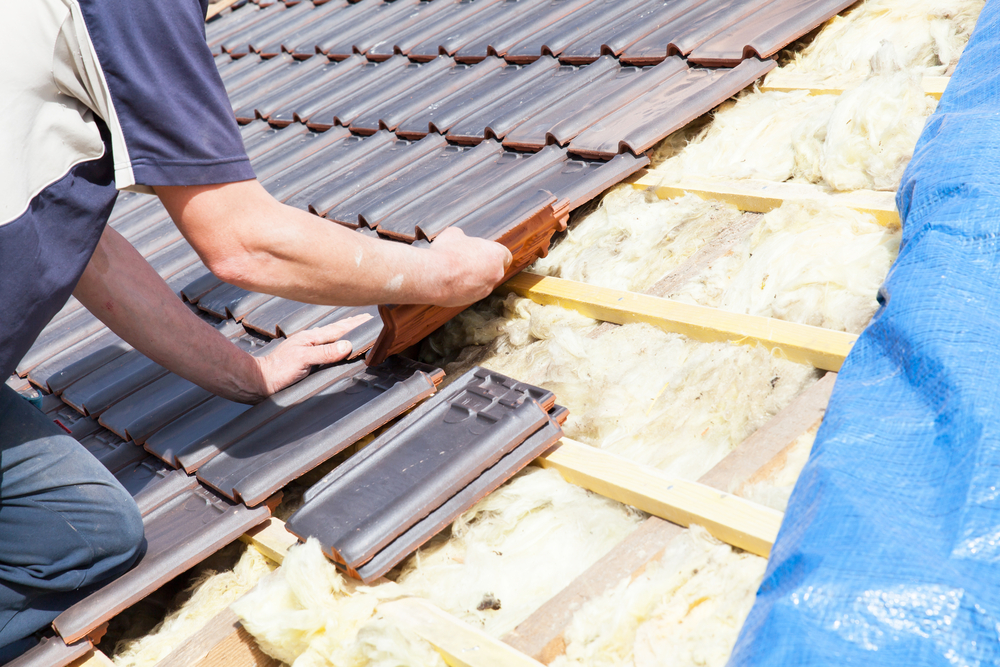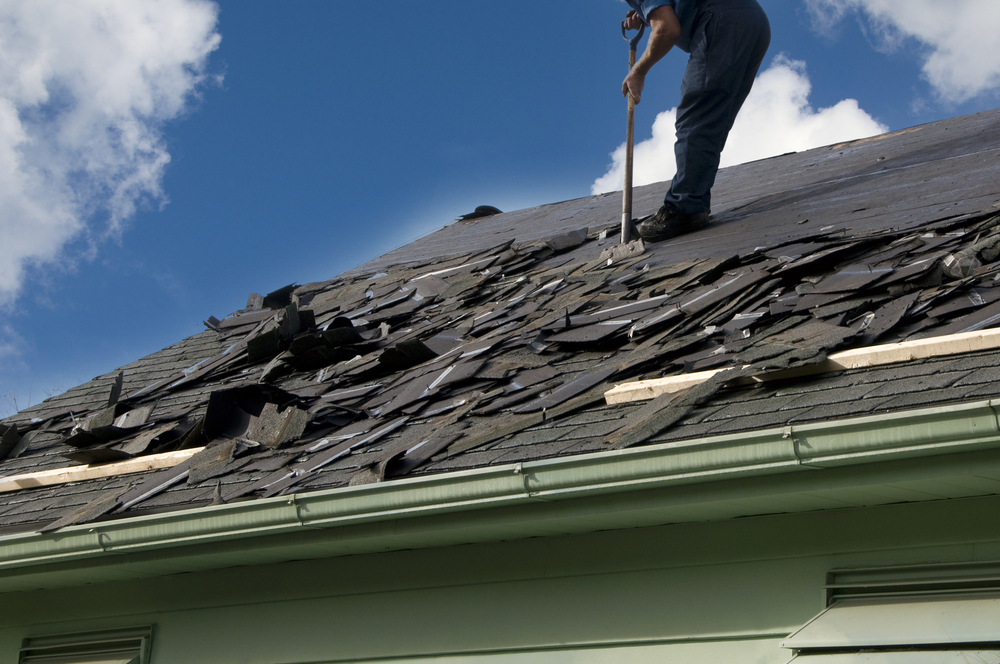Who Pays for Immigration Lawyers in the UK?Who Pays for Immigration Lawyers in the UK?
Navigating the complexities of immigration law in the UK can be a daunting task. Whether you’re applying for a visa, seeking asylum, or facing deportation, the support of a knowledgeable immigration lawyer can be invaluable. However, one of the first questions that often arises is: who pays for these legal services? We are going to look into the various scenarios and funding options available to those in need of an immigration law firm for advice and representation.

Self-Funding
The most straightforward scenario is self-funding, where the individual seeking legal advice pays for the services directly. Immigration lawyers in the UK can vary significantly in how they charge for their services, with some opting for hourly rates, while others may offer fixed fees for specific services such as visa applications or appeals. It’s crucial to discuss fees upfront with your solicitor to understand the cost implications and ensure that the services provided align with your budget and requirements.
Legal Aid
For those unable to afford legal representation, the UK does offer legal aid for certain immigration cases. However, eligibility for legal aid in immigration matters is restricted and primarily available to those who are particularly vulnerable, such as asylum seekers or victims of human trafficking. To qualify for legal aid, individuals must meet specific criteria related to their case and financial situation. It’s worth consulting with an immigration solicitor or contacting the Legal Aid Agency directly to determine if you might be eligible for funded legal support.
Charitable Organisations
Several charities and non-profit organisations in the UK offer immigration advice and, in some cases, representation, either for free or at a reduced cost. Organisations such as the Refugee Council, the Immigration Law Practitioners’ Association (ILPA), and various local charities can provide valuable support for those unable to afford private legal fees.
Trade Unions and Employer Sponsorship
If you are in the UK on a work visa or seeking to apply for one, some trade unions or employers may offer legal support as part of their membership benefits or employment packages. This support can range from general legal advice to full representation in complex cases. It’s always worth checking with your employer or trade union representative to see if this is an option available to you.
Crowdfunding and Community Support
In recent years, crowdfunding has emerged as a novel way to raise funds for legal fees, including immigration cases. Platforms like GoFundMe allow individuals to share their stories and solicit donations from the public to cover legal costs. This approach can be particularly effective for cases that resonate with the public or for individuals with a strong community network willing to support their cause.
Determining who pays for an immigration lawyer in the UK depends on various factors, including the nature of your case, your financial situation, and the availability of support from charitable organisations or other sources. It’s essential to explore all available options and seek out advice and representation that aligns with your needs and budget.


